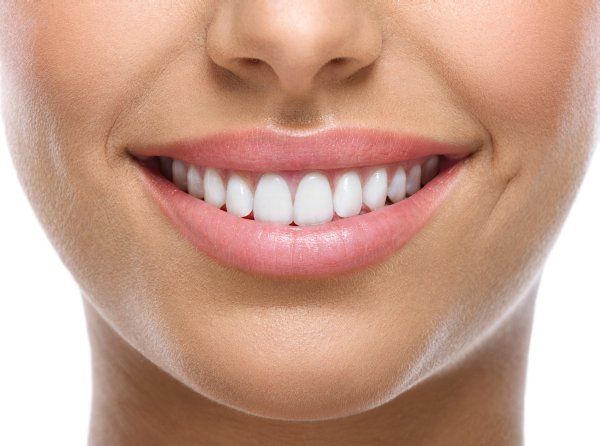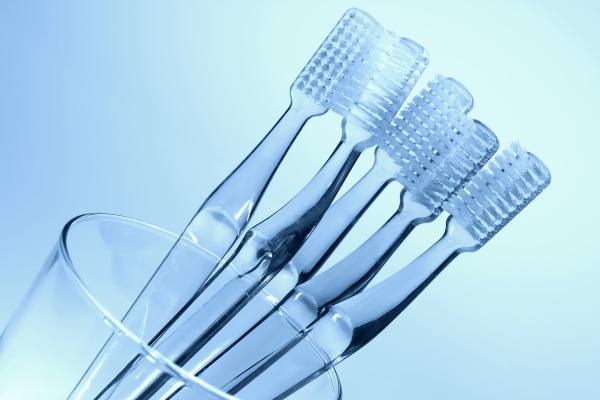Why Are My Gums Bleeding
If your gums are bleeding, visit our Fort Lee dentist office to have your teeth examined. At Lori M. Nasif D.M.D. we can examine you and determine whether they are bleeding due to simple irritation or if there is a greater health concern. You can schedule an appointment with our office by calling (201) 224-6430. In the meantime, here is what you need to know about your gums.
Request An Appointment
Contact Us
We will get back to you as soon as possible.
Please try again later.
Why Are My Gums Bleeding
If your gums are bleeding, visit our Fort Lee dentist office to have your teeth examined. At Lori M. Nasif D.M.D. we can examine you and determine whether they are bleeding due to simple irritation or if there is a greater health concern. You can schedule an appointment with our office by calling (201) 224-6430. In the meantime, here is what you need to know about your gums.
Request An Appointment
Contact Us
We will get back to you as soon as possible.
Please try again later.
Symptoms of Gum Disease that You Should Watch For
At Lori M. Nasif D.M.D., we encourage you to keep an eye on your gum health and call us if any of these signs persist for longer than a week:
- Bleeding gums
- Swollen gums
- Red or irritated gums
- Your teeth appear longer
If you notice any of these symptoms, the best thing to do is call a Fort Lee dentist for an official diagnosis. Self-treating can lead to additional problems because you may not be addressing the actual cause of the problem. You can schedule an appointment with our office by calling
Causes of Gum Disease:
- Poor oral hygiene
- Plaque and tartar buildup underneath the gum tissue
- Diabetes
- Smoking
- Pregnancy
- Some medications
How to Manage and Treat Gum Disease
There are several ways to prevent gum disease and the symptoms that arise from it. If you have already experienced symptoms of bleeding or swollen gums, following these steps will still help you. However, it is wise to visit our office for an examination so that we can make customized treatment recommendations. In the meantime, you can manage your symptoms by doing the following:
- Brush and floss regularly. Remember to brush your teeth at least twice a day and when you do, use a soft or electric toothbrush. Make sure that you are brushing food away from your gums and towards the center of your mouth. This is important to prevent plaque buildup at your gum line. Flossing should be at least once per day and you must make sure to go all the way down along the sides of your teeth.
- Use an antiseptic mouthwash. Another way to kill bacteria is to use an antiseptic mouthwash. This is an easy way to kill some of the bacteria that you have not been able to brush away and you may notice that your gums feel instantly better after using it.
- Have your teeth cleaned twice a year. At Lori M. Nasif D.M.D., we encourage you to visit our dental office twice per year so that we can clean your teeth, removing plaque and tartar that was left behind from your daily brushing. This is your best defense against gum disease or even some of the subtle symptoms like bleeding and swelling.
- Stop smoking. More than bad for your lungs, using tobacco products is also bad for your oral health. Not only can it lead to oral cancer but it also increases your risk for gum disease.
- Schedule a deep cleaning. If you already have gum disease we may recommend that you have a deep cleaning or root planing and scaling procedure. This allows the dentist to remove tartar and plaque that has built up underneath the gum tissue. The procedure is typically completed in two to four appointments but it works incredibly well for removing the cause of the problem.
Check out what others are saying about our oral health support services on Yelp: Why Are My Gums Bleeding? Fort Lee
Q&A
- Why do my gums bleed when I brush my teeth?
When you brush your teeth, the bristles will often go immediately over or next to your gums. Gum tissue is sensitive and if you are using a hard toothbrush or brushing too aggressively you can scratch and irritate them. Our suggestion is to switch to an electric or battery operated toothbrush because you can get an excellent clean without having to apply a lot of pressure. This should provide your gums with needed relief.
- Why do my gums bleed when I floss?
Very often, this is because you have not flossed in a long time. If it has been awhile, your gums may be sensitive, irritated or even bleed when you begin your flossing routine. This is perfectly acceptable. Once you begin flossing daily, your gums should no longer bleed. In the process you will be removing the plaque from in between your gums and your teeth, helping them to be in better health. At Lori M. Nasif D.M.D. we can show you how to floss your teeth properly to help ensure that you are getting a really good clean. Call (201) 224-6430 and let us know if your gums continue to bleed after a week of flossing daily.
- Why are my gums swollen?
If your gums have started to swell, there are two main causes for it. The first is that you have irritated your gums or accidentally scratched them by eating something that is particularly sharp or abrasive. The second, and most likely, is that you are suffering from an early stage of gum disease. Gingivitis typically makes your gums swell, become red and irritated. This is a warning sign that should lead you to schedule an appointment with our dental office. If you notice this early warning sign and seek treatment, a dental cleaning may be all that is necessary to treat the condition so that your gums can return to good health. Otherwise, the symptoms could become progressively worse.
- Why are my gums sensitive when I eat or brush my teeth?Describe the item or answer the question so that site visitors who are interested get more information. You can emphasize this text with bullets, italics or bold, and add links.
Contact us today
If you have further questions about your gums, call 201-224-6430 and schedule an appointment with our dental office. We will be happy to answer your questions, examine you and provide you with treatment recommendations.
Definition of Periodontic Terminology
Calculus
Calculus, also known as tartar, refers to the hardened dental plaque that forms on teeth due to a lack of proper oral hygiene.
Gingival Flap Surgery
Gingival flap surgery is a procedure in which the periodontist separates the gums from the teeth temporarily to reach the root of the tooth and nearby bone.
Necrotizing Periodontal Diseases
A necrotizing periodontal disease is a disease that involves the necrosis of gingival tissues and lesions forming in the mouth.
Periapical Abscess
A periapical abscess is an abscess that forms from inflammation containing pus in the tissue surrounding the tooth.
Periodontal Ligament
A periodontal ligament is a tissue that connects the tooth to the bone and is destroyed by advanced periodontal disease.
Periodontitis
Periodontitis is a lethal gum infection that results from poor oral hygiene, damaging soft tissue and destroying the bones that support the teeth.
Periodontium
The periodontium is the tissue that surrounds and supports the teeth, gums, periodontal ligament and bone.
Root Scaling and Planing
Root scaling and planing is a non-surgical procedure that involves removing plaque and calculus from the pockets around the root before smoothing the surfaces of the root to help everything heal.
Helpful Related Links
- American Dental Association (ADA). Glossary of Dental Terms. 2015
- American Academy of Cosmetic Dentistry® (AACD). Home Page. 2015
- WebMD. WebMD’s Oral Care Guide. 2015
About our business, license, and website security
- Lori M. Nasif D.M.D. was established in 2009.
- We accept the following payment methods: American Express, Cash, Check, Discover, MasterCard, and Visa
- We serve patients from the following counties: Bergen County
- We serve patients from the following cities: Fort Lee, Leonia, Palisades Park, Englewood, Edgewater, Englewood Cliffs, Alpine, Cliffside Park and Washington Heights, NJ.
- National Provider Identifier Database (1437283686). View NPI Registry Information
- Healthgrades. View Background Information and Reviews
- Norton Safe Web. View Details
- Trend Micro Site Safety Center. View Details
Related Topics
Recent Posts





Schedule your appointment today!
We are committed to providing quality healthcare to families located in the Fort Lee area and treat patients of all ages.

